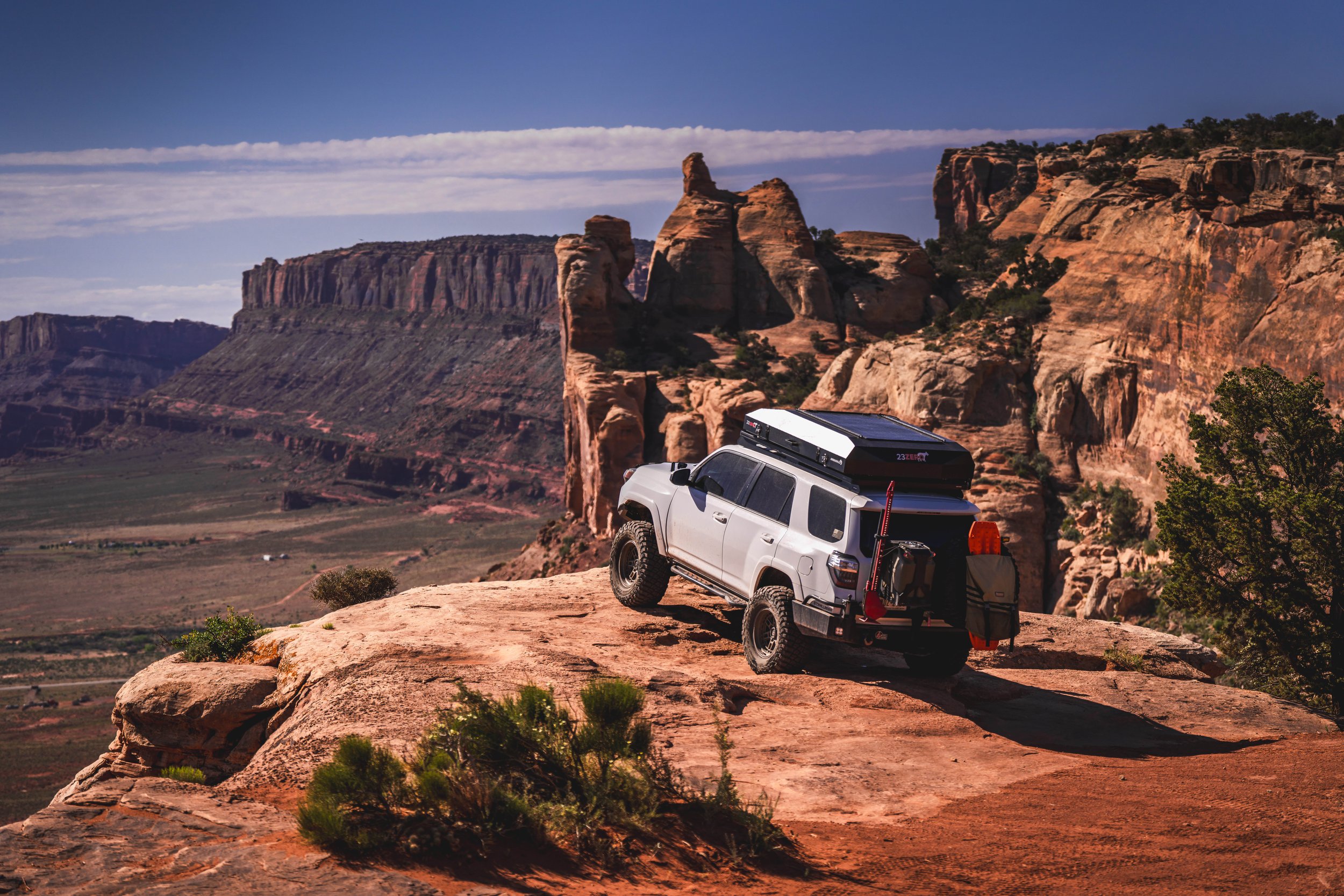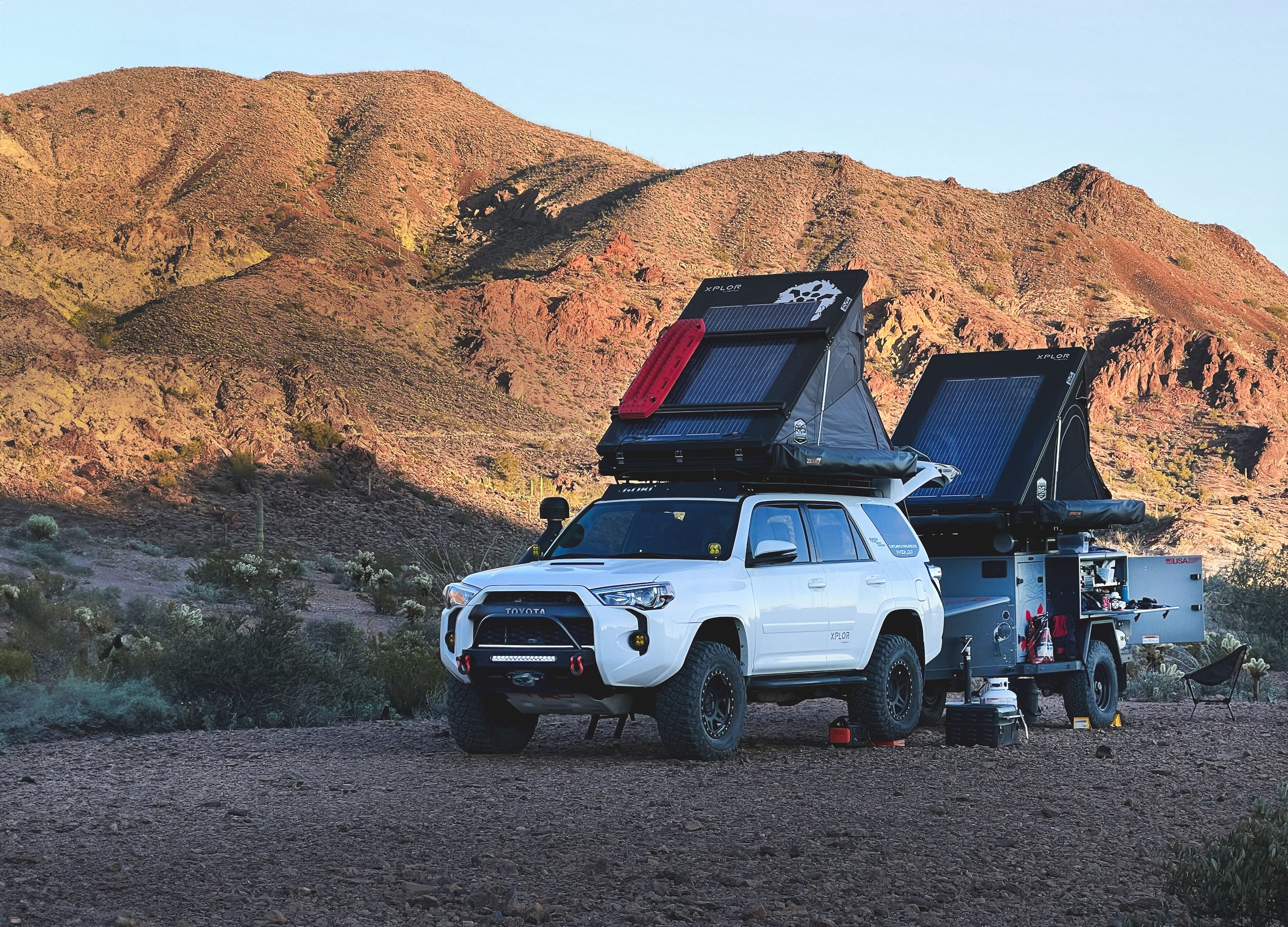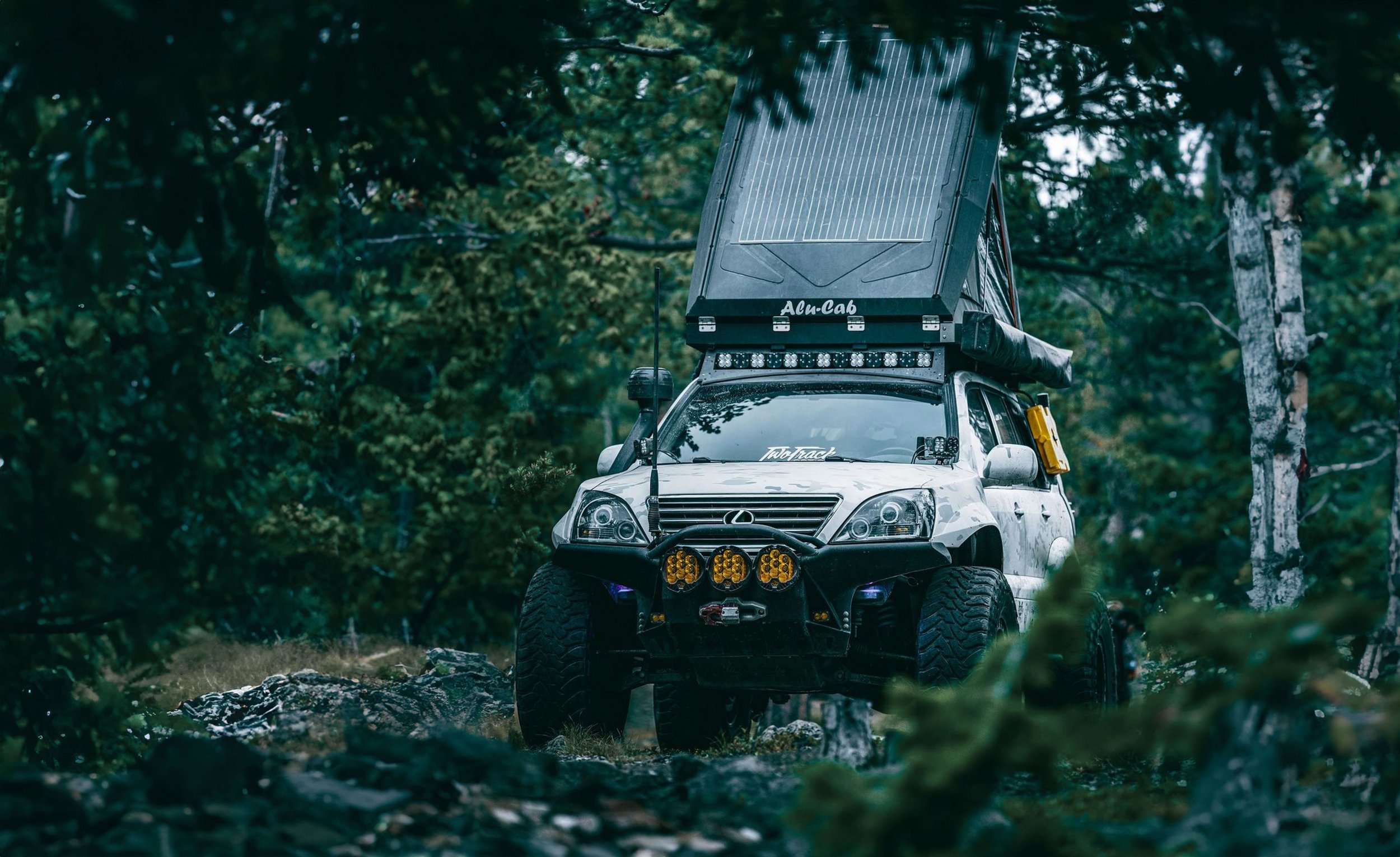The Benefits of an Overlanding Solar Setup for Your Camping Trips
If you're an avid camper or adventurer, you know the importance of having reliable power while in the backcountry. An overlanding solar setup can provide a sustainable and efficient way to power your electronic devices and equipment while reducing your environmental impact.
What is an Overlanding Solar System Setup?
An overland solar setup is a system that uses solar panels to generate electricity for your camping or overlanding needs. This setup typically includes solar panels, a charge controller, a battery bank, and an inverter.
The solar panels collect energy from the sun, which is then stored in the battery bank. The charge controller regulates energy flow to the battery bank, while the inverter converts the stored energy into usable AC power for your devices and appliances.
An overland solar setup is a great way to have reliable power while on the road without relying on traditional power sources like generators or electrical hookups.
Is an Overlanding Solar System Different than an RV Solar System?
Yes and no.
You might have read the definition of an overlanding solar system and thought, "How is that different from traditional RV solar panel systems?"
There are some key differences between a solar system designed for a large RV and a solar system designed for an overlanding rig. Here are a few:
Power Needs: RVs typically require more power than overlanding rigs due to their larger size and more extensive amenities, such as air conditioning and multiple appliances. As a result, an RV solar system will typically need to be larger and produce power faster than a system designed for an overlanding rig.
Portability: Overlanding rigs are typically smaller and more portable than RVs, so their solar systems need to be more lightweight and compact. This is especially important for off-road travel, where weight and space are premium.
Battery Capacity: Overlanding rigs have less space for batteries than RVs. The solar system must be designed to maximize charging efficiency and battery life. Less battery storage capacity means more recharge cycles, which can damage your batteries.
Mounting Options: RV solar panels are typically mounted on the vehicle's roof. Overlanding rigs may need portable solar panels or custom mounts in addition to mounting solar panels on a roof or rooftop tent to maximize sun exposure.
Wiring and Controllers: The wiring and controllers used in an RV solar system will typically be larger and more robust than those used in an overlanding rig due to the higher power demands of the RV system. Most large RVs are designed with 24v power systems, while an overlanding rig is
The overall setup and flow are typically the same in both solar power systems. The differences lay in how rugged your components are and how you optimize the space to generate and store enough power for your needs.
Advantages of Using Overland Solar Systems
Using solar power for camping has many advantages. First and foremost, it is a clean and renewable energy source, which means you can reduce your environmental impact while enjoying the great outdoors.
Additionally, an overland solar setup provides reliable power without the noise and fumes of a traditional generator. This means you can enjoy the peace and quiet of nature without disturbing the wildlife or your fellow campers.
An overlanding solar setup can save you money in the long run, as you won't need to purchase fuel for a generator or pay for electrical hookups at campsites.
How to Choose the Right Solar Setup
When choosing overland solar panels for your camping trips, it's important to consider your power needs.
How many devices will you be charging?
Will you need to power a cooler?
Will you use it to power an air compressor to air down/up your tires?
You can learn more about determining power needs from our Understanding Solar 101 PDF download.
Once you have determined your power needs, you can choose the appropriate solar panels, batteries, and inverter to meet those needs. It's also important to consider the size and weight of your setup and its durability and ease of use.
Tips for Maintaining Your Overland Solar System
The good news is that maintaining a solar system requires very little work once installed.
Be sure to install your solar system properly. If you decide to do the installation yourself, have a professional check your work to ensure there are no safety hazards or other issues.
Regularly check and maintain your battery system to ensure they are functioning correctly. Check for loose wires, blown fuses, or wires that feel warmer than others.
Use battery monitors to track your energy usage and adjust accordingly to avoid draining your batteries. This is especially important if you have lead acid batteries, as they should not be discharged more than 50% without risk of damage. Lithium batteries can be discharged lower but should not be drained 100% if possible.
Check your solar panels for debris and microcracking, as these can significantly lower power output and panel efficiency.
Clean your solar panels with a damp cloth as needed - we all know how much dust gets kicked up when overlanding!
Environmental Benefits of Using Solar Power
Using solar power for your camping trips not only provides you with reliable power but it also reduces your environmental impact. Solar power is a clean and renewable energy source, meaning it doesn't produce harmful emissions or contribute to climate change.
Using solar power instead of traditional generators or other fossil fuel-powered sources can reduce your carbon footprint and help protect the environment.
With solar technology's increasing availability and affordability, switching to sustainable camping practices is becoming easier than ever.
5 Reasons to Invest in an Overland Solar Setup
Reliable Power Supply: Solar power can provide a reliable source of electricity to charge your gadgets, run your fridge, and power your lights. This means you won't have to rely on gas generators or car batteries, which can be unreliable and inconvenient.
Extended Off-Grid Capabilities: Solar power can extend your off-grid capabilities, allowing you to travel further and stay longer in remote locations. With a properly sized solar panel system, you can recharge your batteries and stay powered up for days or even weeks.
Reduced Environmental Impact: Solar power is a clean, renewable energy source that produces no greenhouse gas emissions. Using solar power can reduce your carbon footprint and help protect the environment while enjoying your overlanding experience.
Cost Savings: Over time, investing in solar power can save you money on fuel and campsite fees. Instead of relying on expensive gas generators or paying for campsite electricity, you can generate your own power for free using solar panels.
Increased Comfort: With a solar-powered system, you can keep your fridge running, charge your devices, and run lights, fans, and other comfort appliances. This can make your overlanding experience more enjoyable and comfortable without sacrificing the sense of adventure and independence of off-road travel.
XPLOR FLEX+ are the Most Durable Overland Solar Panels on the Market
If you're looking for a solar panel as rugged tough as your overland vehicle, the XPLOR FLEX+ solar series is the perfect choice.
Our panels have bypass diodes on every solar cell, giving them the ability to have a higher power output than traditional panels if blocked by debris or shade.
CIGS technology makes XPLOR FLEX+ solar panels more efficient on cloudy days or low light conditions. These flexible panels also can conform to curved surfaces, such as a teardrop trailer.
If you're tired of lugging around portable power stations, consider upgrading to an overlanding solar setup for a more sustainable adventure.





